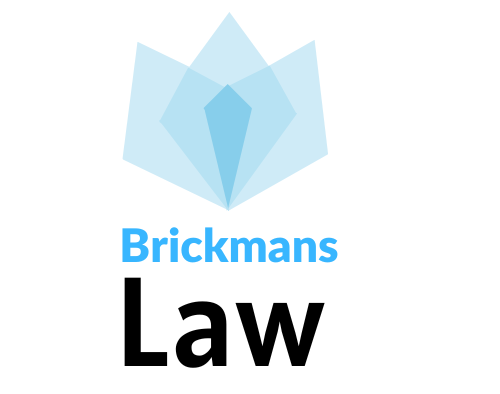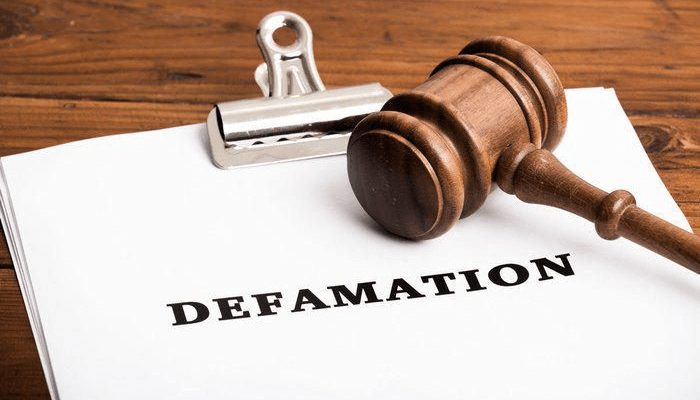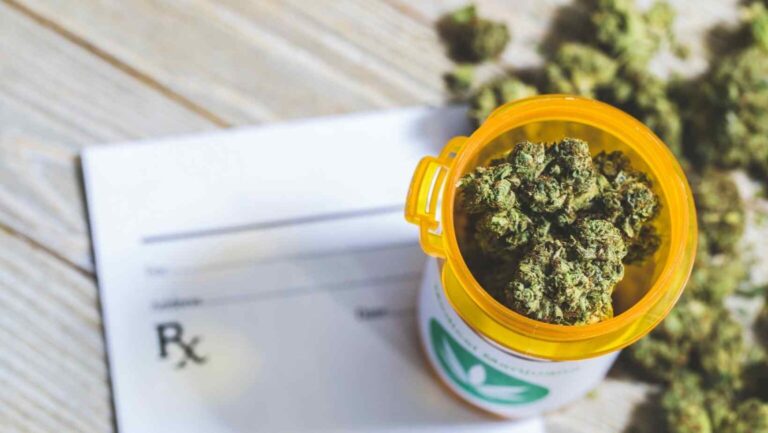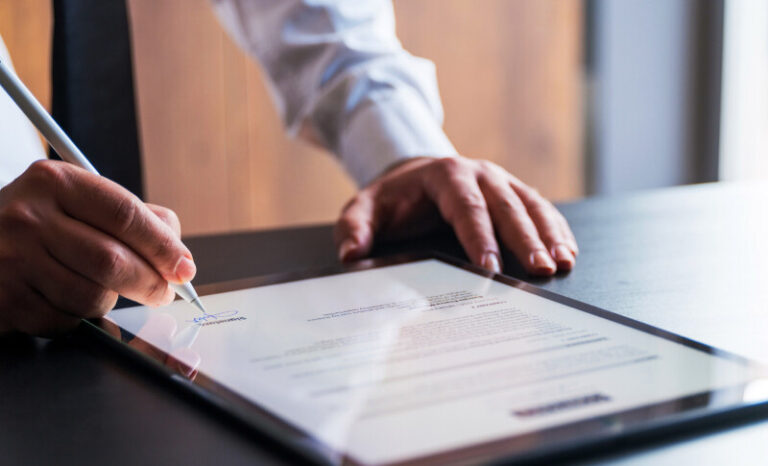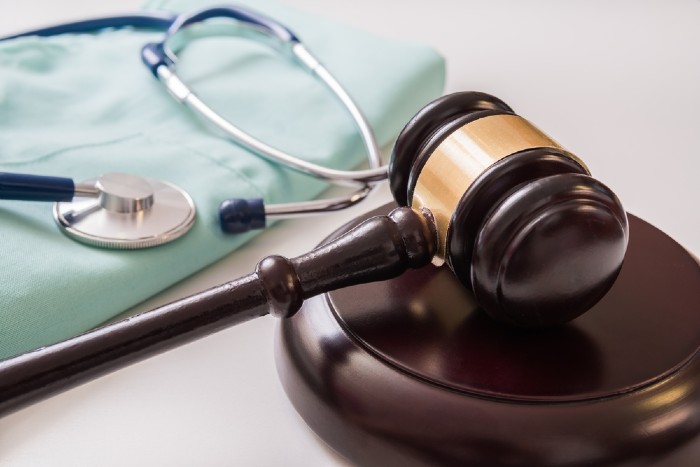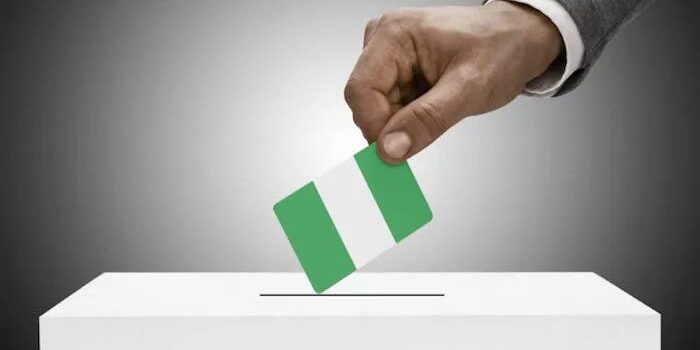Decriminalizing Defamation in Nigeria: Implications for Law Enforcement and the Judiciary Vis-a-Vis The Burna Boy v. Akpi (Speed Darlington) Brouhaha
INTRODUCTION
There is a thin line between freedom of expression and defamation. Freedom of expression is one of the fundamental rights which is recognized and protected by the Constitution of the Federal Republic of Nigeria. However, one has to be careful of not veering away from the purview of freedom of expression into defamatory statements. By definition, the term defamation is the intentional publication of false and damaging damaging statements about an individual or entity.
Defamation as a legal issue has always been a contentious subject with arguments and debate over whether it is criminal or civil in nature. In the Nigerian justice system, an aggrieved person is at liberty to pursue a defamatory claim under the criminal or civil justice system depending on the section of the law under which the claim is brought before the court. This article examined the laws criminalizing defamation, right to freedom of expression and defamation, the call to decriminalize defamation, the implications on law enforcement and the judiciary vis-à-vis the Burna boy and Speed Darlington’s brouhaha.
CRIMINAL DEFAMATION
The criminal justice system in Nigeria, is operated in such a way that we have different laws governing the south and the north, that is, the criminal code and the penal code respectively.
Section 373-375 of the Criminal Code provides as follows 1 :
373- Defamatory matter is matter likely to injure the reputation of any person by exposing him to hatred, contempt, or ridicule, or likely to damage any person in his profession or trade by any injury to his reputation.
Such matter may be expressed in spoken words or any audible sounds, or in words legibly marked on any substance whatever, or by any sign or object signifying such matter otherwise than by words, and may be expressed either directly or by insinuation or irony.
It is immaterial whether at the time of the publication of the defamatory matter, the person concerning whom such matter is published is living or dead:
Provided that no prosecution for the publication of defamatory matter concerning a dead person shall be instituted without the consent of the Attorney General of the Federation.
374- (1) for the purposes of this code, publication of defamatory matter is –
- (a) In the case of spoken words or audible sounds, the speaking of such words or the making of such sounds in the hearing of the person defamed or any other person;
- (b) In other cases, the exhibiting of it in public, or causing it to be read or seen, or showing or delivering it, or causing it to be shown or delivered, with intent that it may be read or seen by the person defamed or by any other person.
374- (2) Sounds where recorded shall, if defamatory, be deemed to be published if reproduced in any place to the hearing of persons other than the person causing it to be reproduced.
374- (3) In this section-
“recorded” means sounds collected or stored by means of tape, disc, cylinder or other means whatsoever, where the sounds are capable of being reproduced or are intended for reproduction by electrical or mechanical means at any time or from time to time thereafter, and include the matrix, and cognate expressions shall have the like meaning;
“Sound” includes speech and mere noise.
375– Subject to the provisions of this chapter, any person who publishes any defamatory
matter, is guilty of a misdemeanor and is liable to imprisonment for one year; and any person
who publishes any defamatory matter knowing it to be false, is liable to imprisonment for two
years.
Section 391(1), 392 and 393(1) of the penal code provides as follows: 2
391-(1) Whoever by words either spoken or reproduced by mechanical means or intended to be read or by signs or by visible representations makes or publishes any imputation concerning any person intending to harm or knowing or having reasons to believe that such imputations will harm the reputation of such person, is said except in the cases hereinafter excepted, to
defame that person.
392- Whoever defames another shall be punished with imprisonment for a term which may extend to two years or with fine or with both.
393(1)- Whoever, except as hereinafter excepted, by words either spoken or reproduced by mechanical means intended to be read or by signs or by visible representations makes or publishes any false statement of fact, intending to harm or knowing or having reason to believe that such statement of fact will harm the reputation of any person or class of person or of the Government of the Federation or of any local authority in the Federal Capital Territory Abuja, shall be punished with imprisonment for a term which may extend to two years or with fine or
with both.
RIGHT TO FREEDOM OF EXPRESSION AND DEFAMATION
The Importance attributed to freedom of expression is not recent, it has been in existence even as far back as the time of the world war II. In early modern Europe thinkers such as John Locke was outspoken has to his opposition to censorship as a part of the development of democratic government. However, it was only with the formation of the United Nations and the establishment of human rights movement founded upon the principles of international law that the right to freedom of expression became universally accepted.
Article 19 of the 1948 Universal Declaration of Human Rights states:
“Everyone has the right to freedom of opinion and expression; this right includes freedom to hold opinions without interference and to seek, receive and impart information and ideas through any media and regardless of frontiers.”3
However, the right to freedom of expression, is not absolute. There are recognized restrictions and exceptions to this right, one of which is found in the law of defamation.
In Aviomoh v. COP & Anor (2014) 4 Yahaya, J.C.A., properly enunciated the nexus between freedom
of expression and defamation as follows:
The Constitution entitles a person to freedom of expression and imparting ideas and information; it is not a blanket right. It must not be utilized or invoked in such a way, that it offends public safety, order, morality and health, and it must not be injurious to the rights and freedom of other persons. Once a person lives in a community, his rights stop where the rights of the other members of the
community begin. He has to behave according to the norms of that society, otherwise his conduct will be injurious to the well-being and continued existence of that community. He cannot, in the guise of exercising his freedom of expression or imparting information, trample upon the rights of other persons in the society. He must not act in such a way, that he defames their character or
endanger their safety, health, order or morality.
Following from the above, it can be seen that there is only a thin line between the exercise of the right to freedom of expression and defamation as the former could easily metamorphose into the latter. Therefore, freedom of expression is not an absolute right. Where it is exercised to the detriment of another person’s reputation, it becomes actionable. Nonetheless, the law strives to strike a balance between both by equally protecting free speech and guaranteeing the right to express opinions, share ideas, and disseminate information freely.
For this reason, the law recognizes certain exceptions to defamation. Hence, an individual shall not be held accountable in defamation for exercising his freedom of expression if such exercise falls within any of these circumstances:
- I. Justification/truth
- II. Fair Comment
- III. Consent
- IV. Privilege; and
- V. Innocent dissemination
THE BURNA BOY AND SPEED DARLINGTON’S BROUHAHA
It would be recalled that controversial singer, Speed Darlington through a social media platform, took a jab at Afrobeats superstar Burna Boy following the recent arrest of American rapper, Sean ‘Diddy’ Combs. Gistmania recalls that Diddy was recently arrested and over 1,000 baby oil and lubricants were found in his house.
Following Diddy’s arrest, questions arose about Burna Boy’s Grammy Award win, given that Diddy played a role in the production of the album that earned him the award. Some people began speculating about their relationship and its impact on Burna Boy’s success.
In a video, Speed Darlington sarcastically asked Burna Boy how how many oil Diddy used on him before he won the Grammy. Darlington challenged Burna Boy to answer his question in the comments section. He further claimed that Burna Boy’s rise to stardom began after his visit to Diddy.
The question one would ask in the circumstances is whether speed questions amount to defamation or an exercise of his right to freedom of expression? In the same vein, was Burna right to have utilize the law enforcement agency, i.e the police to go after Speed Darlington?
In answering these questions, credence should be given to the provisions of our laws.
Section 45(1) of the Constitution 5 states that laws that are reasonably justifiable in a democratic society cannot be invalidated by sections 37, 38, 39, 40, and 41 of the Constitution. These laws can be justified if they are in the interest of public safety, public order, public morality, public health, or defense. They can also be justified if they protect the rights and freedoms of other
people.
From the above provision, does Burna Boy have a right to private and family life? The answer is yes. Does Burna boy have a reputation to protect? The answer is yes. Although the right to freedom of expression is guaranteed by the constitution, one has to be careful not to fall prey of the thin line between this right and defamation. It is the writer’s view that the act of calling out Burna Boy on social media by the controversial singer, Speed Darlington was an attempt to injure Burna boy’s reputation and also expose him to contempt, hatred and ridicule.
To answer If Burna Boy was right in using the police to go after Speed Darlington, one should rather look at the offence of defamation. Defamation law in Nigeria as earlier stated is govern by both civil and criminal law, making it both a tort and a crime. Thus, in prosecuting a crime in Nigeria, the law enforcement agencies are usually set in motion. Therefore, it is the writer’s view that Burna Boy was right in using the police, which is a law enforcement agency to go after Speed Darlington. Burna boy was also at liberty to pursue the case under criminal law or civil law, since the offense of defamation can be brought under both laws. It is clear that he chose the former.
DECRIMINALIZING DEFAMATION
Historically, defamation was usually a criminal offence. While some countries still have the offence of criminal defamation on their statute books, it is widely opposed, most notably by:
. the United Nations (UN);
.the Africa Commission on Human and People’s Rights (ACHPR);
.the UN Human Rights Council (UNHRC) General Comment No. 34 provides that:
“States Parties should consider the decriminalization of defamation and, in any case, the application of the criminal law should only be countenanced in the most serious of cases and imprisonment is never an appropriate penalty”; 6
.Moreover, Principle 22 of the African Commission on Human and People’s Rights (ACHPR) Declaration on Principles of Freedom of Expression and Access to Information in Africa calls on states to amend criminal defamation and libel laws in favour of civil sanctions that are necessary and proportionate. It further states that the imposition of custodial sentences for the offenses of defamation and
libel is a violation of the right to freedom of expression.
Court have also taken a strong stance:
- In a landmark decision handed down by the African Court on Human and Peoples’ Rights (African Court) in 2013 in the matter of Konaté v Burkina Faso 7 , it was held that imprisonment for defamation violates the right to freedom of expression and that criminal defamation laws should only be used in restricted circumstances.
- The ECOWAS Court has upheld that criminal defamation and libel laws should be repealed, as evidenced in the 2018 judgment in Federation of African Journalists and Others v The Gambiawhich “recognised that the criminal laws on libel, sedition and false news disproportionately interfere with the rights of Gambian journalists and directed that The Gambia “immediately repeal or amend” these laws in line with its obligations under international law. 8
- Most recently, the ECOWAS Court held that Nigeria’s Broadcasting Code violated the right to freedom of expression protected by the ACHPR because the Code prohibited protected speech and the sanctions for committing hate speech were excessive. Nigeria was ordered to align the code with its international obligations and to protect the right to freedom of expression.9
- The Lagos State Government has decriminalized defamation through the Criminal Law of Lagos State 2015, representing a significant step towards safeguarding speech.
- The Cybercrimes Act of 2015 was also recently amended to address concerns raised by the ECOWAS Community Court, narrowing the scope of criminal liability for online defamation. The amendment now focuses on publications that are specifically intended to incite violence or cause breakdown of law and order.
IMPLICATIONS ON LAW ENFORCEMENT AND THE JUDICIARY
In many countries, criminal defamation laws are abused by the powerful to limit criticism and to stifle public debate. The threat of harsh criminal sanctions, especially imprisonment, exerts a profound chilling effect on freedom of expression. In Nigeria, the
Burna Boy and Speed Darlington’s saga is one of those cases why many are calling for decriminalization of defamation in our Justice system.
What then are the Implications of decriminalizing defamation on law enforcement and the judiciary ?
- The law enforcement agencies will no longer be a tool of oppression used by the powerful to torture anyone who is perceived to have made a defamation statement or comment before he/she is being brought to court to be heard.
- A charge of criminal defamation leads to heavy-handed police investigations. Assets, such as computers and data, can be seized for months at a time, making it virtually impossible for those under investigation (and those who work with them) to continue. Once it is decriminalized, the police will need not be involved nor called upon to investigate, thus, facts will be strictly proved by the claimant and defendant, rather than the state against the defendant.
- Decriminalization will ensure that cases are considered fairly in civil courts or dispute-resolution bodies.
- Defamation under our criminal law can be misused to silence media criticism and restrict freedom of expression. Decriminalization means that legitimate criticism in our society will not stifled, thereby making the Judiciary hears a defamation claim solely on its tortious ingredients and taking out punitive damages..
CONCLUSION
The question of doing away with criminal defamation is not merely about constitutionality or what is considered as International Standard. The question is about whether criminal defamation law is efficient in promoting the expression of free speech and deterring false speech. The efficient functioning of the marketplace of ideas and opinions is premised on the notion of free flow of information. A system of laws that therefore hinders this free flow of information would invariably make these marketplaces inefficient. Therefore , the law on criminal defamation creates a “chilling effect” on the flow of information that affects the marketplace of Ideas and opinions thereby shutting out constructive criticism. This article has examined the various laws that provides for criminal defamation and derogation from freedom of expression and the implications on law enforcement and the judiciary vis-à-vis the Burna Boy and Speed Darlington’s brouhaha..
References
1 Criminal Code Act, 2015
2 Penal Code (Northern States) Federal Provisions Act.
3 Universal Declaration of Human Rights, UDHR, 1948.
4 (2014) LPELR-23039(CA), (pp. 15-17 paras. F
5 Constitution of the Federal Republic of Nigeria, 1999 (as amended).
6 UNHRC, ‘General Comment No. 34’ (2011) (accessible at https://www2.ohchr.org/english/bodies/hrc/docs/gc34.pdf).
7 African Court, Application No. 004/2013 (2013) (accessible at https://en.african-court.org/images/Cases/Judgment/Judgment Appl.004-2013 Lohe Issa Konate v
Burkina Faso -English.pdf).
8 Media Defence, ‘Update: ECOWAS Court delivers landmark decision in one of our strategic cases challenging the laws used to silence and intimidate journalists in the
Gambia’ (2018)(accessible at https://www.mediadefence.org/news/update-ecowas-court-delivers-landmark-decision-in-one-of-our-strategic-cases-challenging-the-laws-
used-to-silence-and-intimidate-journalists-in-the-gambia/).
9 The Incorporated Trustees of Expression Now Human Rights Initiative v. Federal Republic of Nigeria ECOWAS ECW/CCJ/JUD/37/23 accessible at
https://altadvisory1.sharepoint.com/sites/PowerLaw/Shared Documents/General/U. Research/Media Defence – Update Africa Modules/Summary Modules/Drafts to client/in
Federation of African Journalists and Others v The Gambia.
